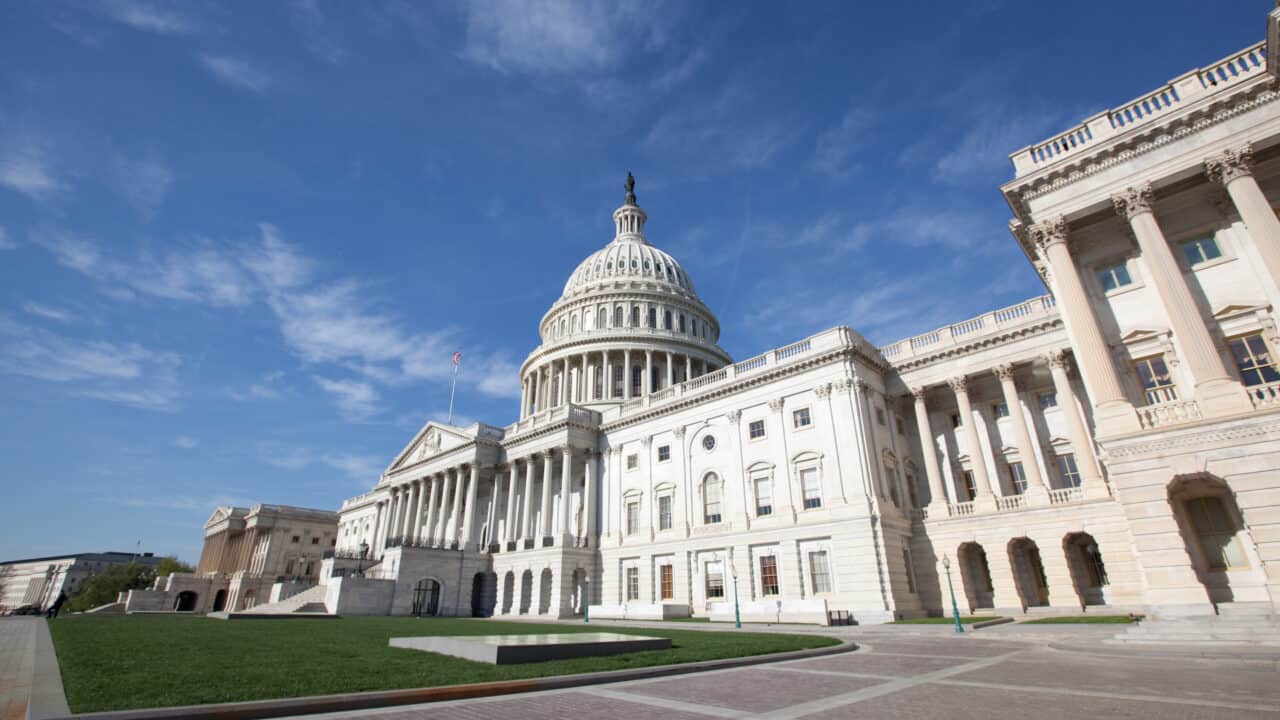 the capital building by Ed Schipul is licensed under CC BY-SA 2.0
the capital building by Ed Schipul is licensed under CC BY-SA 2.0
At the beginning of February, Congressman Brad Finstad (R-Minn.), Congressman Nathaniel Moran (R-Texas.), and Congresswoman Yadira Caraveo (D-Colo.) introduced H.R. 7198, the Prove It Act of 2024. This legislation would provide small businesses with a mechanism to compel federal agencies to analyze the economic impact of their regulations, enhancing protections under the Regulatory Flexibility Act (RFA).
This bill would further protect small businesses from costly overregulation, thereby growing the economy and creating jobs.
The Prove It Act will mandate that any federal agency implementing rules and regulations affecting small businesses must consider all costs to small businesses where feasible. The bill accomplishes this by creating a system for small businesses and entities to directly petition the Small Business Administration’s Office of Advocacy.
Upon receiving a petition, the Office of Advocacy first must make a preliminary assessment of the claim’s validity. Should the office find merit in the petition, a comprehensive 30-day review follows, involving a required meeting between the petitioner(s), the federal agency responsible for the regulation, and the Office of Information and Regulatory Affairs, culminating in a publication of all findings in the Federal Register.
If the Office of Advocacy’s final determination concludes that a proposed rule will have a “significant economic impact on a substantial number of small entities,” the agency in question will be required to conduct a regulatory flexibility analysis. This process necessitates a comprehensive review of all potential effects of the proposed rule and a justification from the federal agency for rejecting other, more flexible regulatory alternatives.
The Prove It Act ensures compliance to the review process by exempting petitioners from regulations if the concerned federal agency fails to participate in review meetings or cooperate with the Office of Advocacy. Additionally, it requires all documents elucidating the economic impacts of regulations on small businesses to be accessible on Regulations.gov, fostering transparency through allowing public comments.
Lastly, the bill mandates all federal agencies review each rule under section 610 of the RFA every 10 years, assessing its significant economic impact on small entities, applicable only to future regulations while exempting existing ones. This ensures ongoing scrutiny of regulations’ relevance and impact, promoting adaptability and fairness in the regulatory environment for small businesses.
The Prove It Act will provide a much-needed pathway for small businesses to combat the growing regulatory burden created by our ever-expanding federal government. According to the National Association of Manufacturers, since 2012 just the increase in aggregate regulatory compliance costs was $465 billion. This puts the overall cost of federal regulations on the national economy at $3.079 trillion. For small manufacturers under 50 employees, the average per employee cost of regulations was $50,100.
When the cost of regulations is so high, it provides a perverse incentive for firms to stay small. Small businesses are often the most impacted by federal rules as they typically don’t have the capital to afford lawyers, consultants, and other professionals to assist in navigating the overly complex system of federal, state, and local regulations. The more money small entities need to spend on regulatory compliance, the less capital they have on hand during economic downturns which makes them more susceptible to going under.
Everything from business permits, filing fees, licenses, additional training, upgrades to machinery, maintenance, insurance, and extended bureaucratic timelines, results in less productivity in smaller firms who don’t have the margins to afford these extra direct costs.
Much of the attention, however, is focused on the direct costs of over-regulation. What frequently goes unnoticed are the indirect costs on small businesses. For example, a small retail store might face a six-month delay in opening due to pending business permits, resulting in lost potential revenue over time. Similarly, a startup might have to divert funds from research and development to regulatory compliance, curtailing potential innovation. Concentrating solely on the direct costs of regulation only tells half the story and overlooks the comprehensive impact that over-regulation has on small businesses.
The Prove It Act represents a significant step forward in empowering small businesses to counteract both direct and indirect costs imposed by federal bureaucracy. Ideally, by requiring federal agencies to include a comprehensive analysis of all economic effects on small businesses, the bill aims to reduce the number of unnecessary regulations where feasible. At the very least, during the process it ensures that small firms have a voice in the rules that affect them along with increased transparency regarding the economic impacts of our complex system.
Small businesses and the public deserve a clear understanding of how government actions affect their lives. The Prove It Act shifts the burden of proof back to federal agencies by compelling them to justify their burdensome regulations and ensuring greater transparency throughout the complex regulatory system.

